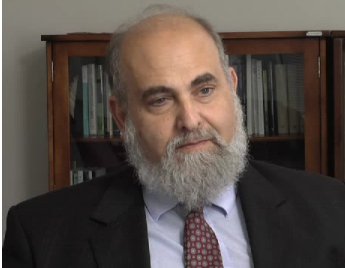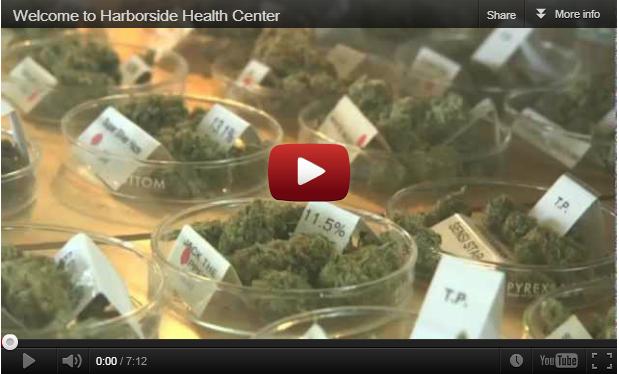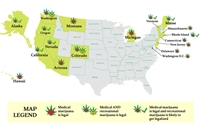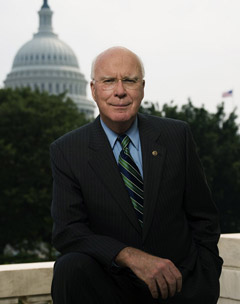BLOG
What will legal marijuana look like in Washington?
Here are the Initial Draft Rules promulgated by the state Liquor Control Board.
Perspectives on the Denver "420" Disruption
[image:1 align:right caption:true]Yesterday's historic "420" rally in Denver, the first since Co
Congressman Predicts Current Congress Will Legalize Hemp
[image:1 align:right caption:true]I attended a forum on marijuana legalization at The Brookings Insti
Illinois House of Representatives Passes Medical Marijuana Bill
[image:1 align:right caption:true]Word just came out that the Illinois House has passed medical marijuana legislation, after several tries. Now it has to go to the Senate.
Sens. Leahy and Paul Introduce Bill to Undo Mandatory Minimum Sentencing
[image:1 align:right caption:true]Senators Patrick Leahy (D-VT) and Rand Paul (R-KY) have introduced S.
NYPD Marijuana Arrests Scandal Blows Up Again
[image:1 align:right caption:true]A front page story on The Huffington Post reported on
Mark Kleiman Wins Washington Marijuana Legalization Implementation Contract
Prominent policy analyst and UCLA professor Mark Kleiman has
Is the International Narcotics Control Board Ignoring Human Rights?
A recent report by the UN special rapporteur on torture charged that compulsory drug treatment centers in some countries, particularly Vie
Drug War Symposium, Cardozo Law, NYC 3/13
I am presenting at a symposium sponsored by the Cardozo Public Law, Policy and Ethics Journal, "
More Overreaching Arguments Against Marijuana Legalization by DEA Chiefs and the UN
[image:1 align:right caption:true]The Interna
HCLU Interview with Former EU Drugs Commissioner Carel Edwards
[image:1 align:right caption:true]Our friends at the Hungarian Civil Liberties Union have a fascinating interv
HuffPost Live on Mexican Drug War and Security, 11:30am EST TODAY
I am participating on a HuffPost Live panel starting at 11:30am EST this morning
Harborside and the Feds' Failed Medical Marijuana Communications
Harborside is in the news again today.
The Next Seven States to Legalize Marijuana?
[inline:rolling-stone-marijuana-states-map-200px.jpg align=right caption="The Rolling Stone map marks medical marijuana states with a leaf/red cross icon, medical marijuana states they judge a
Legalization and the UN Drug Treaties -- A Minor Obstacle at Worst
I have criticized the ease with which some media outlets and even some reformers have accepted the
Senate Judiciary Committee to Take Up Legalization Next Year
[inline:pat-leahy.jpg align=right caption="Pat Leahy"]Huge news this morning: Senate Judiciary Committee chairman Patrick Leahy (D-VT) has sent a
Cato Policy Analysis and Forum on State Legalization and Preemption
[inline:cato-institute.jpg align=right caption="Cato Institute (cato.org)"]The libertarian Cato Institute has published a Policy Analysis, "
Pagination
- First page
- Previous page
- …
- 6
- 7
- 8
- 9
- 10
- …
- Next page
- Last page















